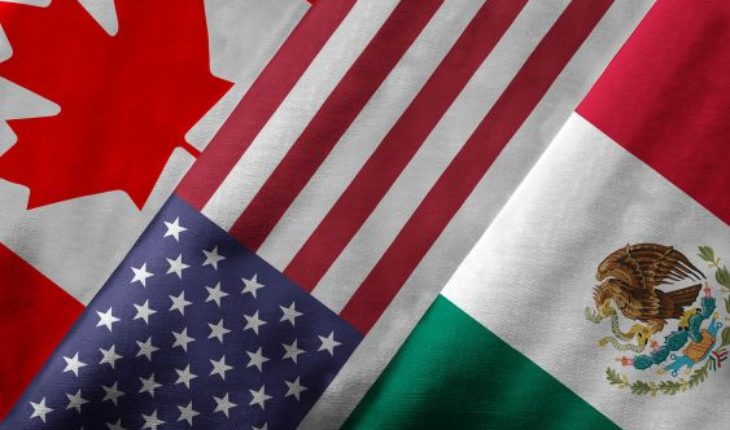Mexico City.-are in a favourable situation to achieve the agreement, probably is the best since they began negotiations, says Moisés Kalach, representative of the Coordinating Council Empresarial (CCE) in the negotiation of NAFTA. The White House has understood that this Treaty is too big to fail. In a context that does not drop the trade tension with China, things can settle down and help Mexico. “My optimism is moderate because I’ve learned that in this negotiation, the landscape can change very fast”, he said.
Yes, the agreement could leave in August. If we consider that took three months, minimum, so that the U.S. Executive can sign the agreement after having notified the Congress that has managed the renegotiation of the Treaty of free commerce of America of North (NAFTA). Taking this into account, August 31 is the deadline for completion of negotiations, so that the Treaty can be signed by the President Enrique Peña Nieto before the end of its mandate on November 30.
The incorporation of Jesús Seade – responsible for the renegotiation of NAFTA’s Government of transition of Andrés Manuel López Obrador – negotiations has been very orderly and prevails a spirit of collaboration and support. “There are no cracks, we work for the same goal,” says Kalach, whose official position is the director of the Strategic Advisory Board of international negotiations of the CCE.
Although there are many spotlights on the “defensive” profile of Mexico in negotiating Kalach is positive and says that not it must be so much emphasis on what is giving an issue or another, but what happens in the negotiations as a whole. “The objective is that Mexico is in a better position and I believe we can do it,” sums up.
There are conditions to achieve an agreement that will allow to modernize the automotive sector, on the basis that it is a success story and that regional integration is a fact, explains the entrepreneur. On the other hand, should be aware of that are many other topics. “Of course that it is natural that the automotive sector generated so much attention, because it has to do with 30% of Mexican exports and is symbolically very sensitive in United States”.
The possibility that United States treat their imports in the automotive sector as a matter of national security is real and that worries, alert. And beyond: not only would affect the negotiation of the FTA, but the way in which global trade works. It would be a challenge to the WTO.
On the labor chapter, which has been a recurring theme in recent days about the possibility that Mexico supports a wage component of the rule of automotive origin, Kalach says that the theme should be analyzed recognizing its complexity. “We understand that, if Mexico wants to move forward, it must make an effort to have the best standards, labor and other issues. But at the same time, we cannot accept that Mexican labor policy be defined in another country,”said categorical.
To elaborate on the issue of the possible hardening of the rule of automotive origin seeking United States, Kalach mentioned that the automotive industry in Mexico is in the process of review and analysis, because “must be balanced so as not damage the” footprint of our country or investments that have relied on us over the last few years”.





